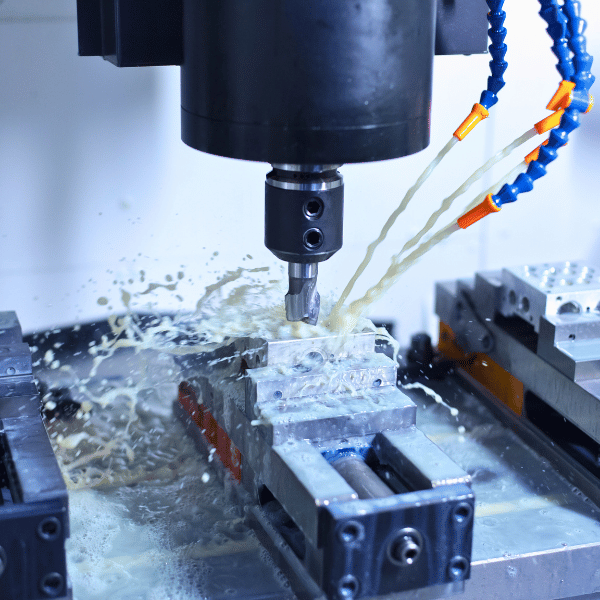CNC machining stands out as a highly reliable manufacturing process that consistently delivers predictable results, even when faced with tight deadlines and complex projects. This precision-driven technique utilizes computer numerical control to automate machine tools such as mills, lathes, and routers. The core advantage of CNC machining lies in its ability to produce parts with exceptional accuracy and repeatability, which is essential for industries where precision is critical, such as aerospace, automotive, medical devices, and electronics. One of the key factors contributing to CNC machining’s reliability is the use of computer-aided design CAD and computer-aided manufacturing CAM software. These tools allow engineers to design intricate components with exact specifications and then translate those designs into detailed instructions for the CNC machines. This process minimizes human error, ensuring that each part is manufactured exactly as intended. When a project demands high complexity, such as intricate geometries or tight tolerances, CNC machining excels by maintaining consistency throughout production runs.

Traditional manual machining requires skilled operators to manage each step, which can introduce variability and slow down production. In contrast, CNC machines operate autonomously once programmed, allowing them to run continuously without the need for constant supervision. This automation reduces turnaround time significantly and allows manufacturers to meet stringent delivery schedules without compromising on quality. Furthermore, CNC machining setups can be quickly adjusted or reprogrammed to accommodate design changes, making it highly adaptable to evolving project requirements. Complex projects often involve multiple steps, including cutting, drilling, milling, and finishing, which must be precisely coordinated. CNC machining streamlines this process by consolidating several operations within a single machine or integrated production line. This integration not only speeds up the manufacturing cycle but also reduces the chances of errors that can arise when transferring parts between different machines. The precision controls of cnc vs manual machining ensure that every cut and movement adheres to the exact parameters defined by the design, producing consistent and repeatable results across batches.
In addition to precision and speed, Uneed CNC machining offers a high degree of versatility. It can work with a wide range of materials, from metals such as aluminum, steel, and titanium to plastics and composites. This material flexibility allows manufacturers to select the best option for strength, weight, or cost considerations without sacrificing quality. The consistent quality control enabled by CNC machining also supports prototyping and low-volume production runs, where predictability is crucial to validating designs and preparing for full-scale manufacturing. Moreover, advancements in CNC technology continue to enhance the capabilities of this manufacturing process. Modern machines incorporate features such as multi-axis movement, real-time monitoring, and advanced tool changers, which further improve efficiency and precision. These innovations contribute to a manufacturing environment where complex projects can be completed faster and with greater accuracy than ever before. The ability to deliver high-quality parts on schedule builds trust between manufacturers and clients, fostering long-term partnerships and encouraging ongoing innovation.
